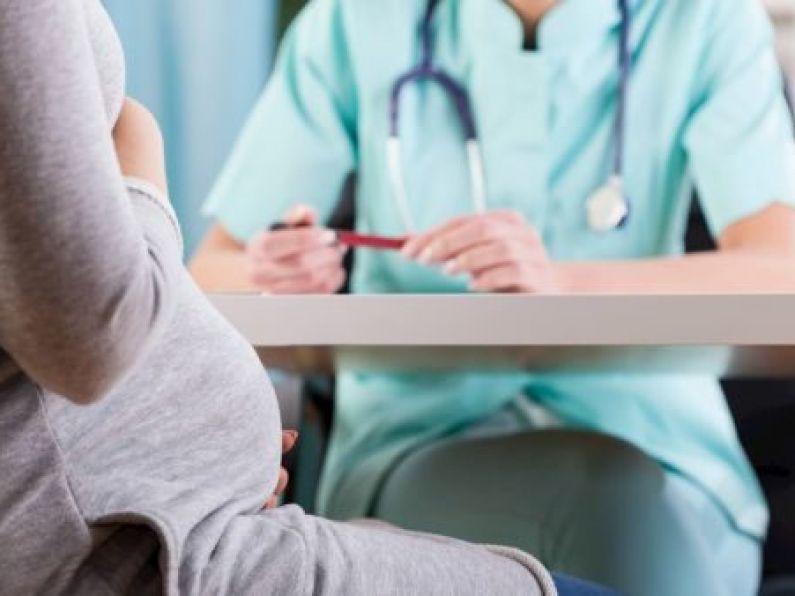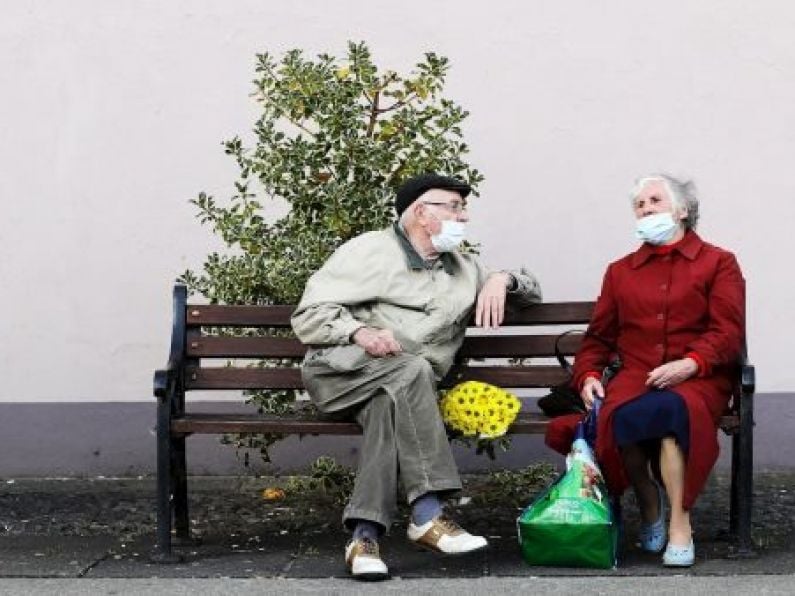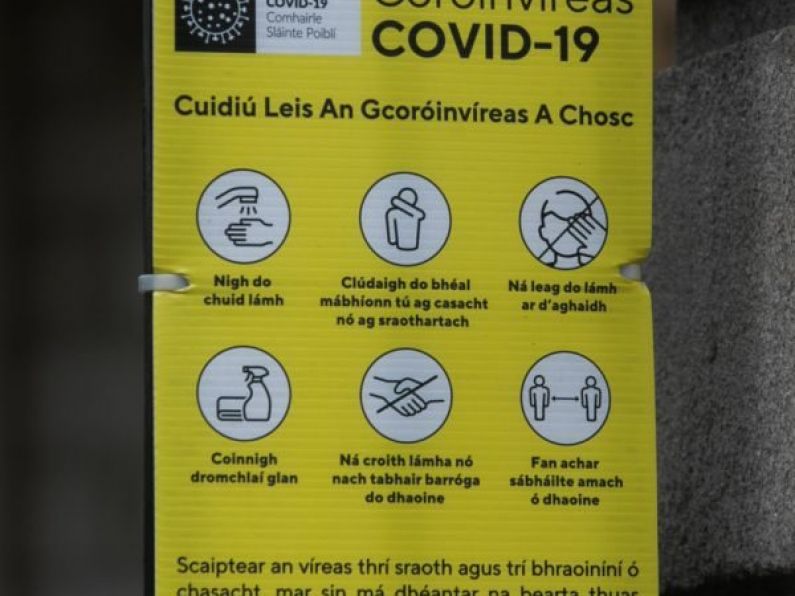Vivienne Clarke
Six stillbirths in Ireland as a result of Covid-19 placentitis can be associated with the surge in cases seen after Christmas, according to the director of the HSE’s national women and infants programme.
Professor Peter McKenna told RTÉ Radio 1 that as the number of cases continues to reduce, it could be expected that there will be fewer of these cases too.
However, he said it did seem strange that this was “a bigger issue” in Ireland than elsewhere. This was “a recognised condition” in Ireland, but not elsewhere in the world, he said.
There had been 60,000 babies delivered in Ireland in the past year and six stillbirths as a result of Covid placentitis, he said, which was not to minimise the stress to the families involved.
Pregnant women should continue to observe the public health guidance of minimising contacts, he urged. Ireland had done well as no pregnant women had died as a result of Covid.
Vaccinations
When asked if pregnant women should not return to the workplace, Prof McKenna said that most workplaces that were already open were very safe.
It was not yet possible to identify during pregnancy if the placenta had been infected, so he advised any pregnant woman who had contracted Covid to “keep an eye” on their baby’s movements and if they had any concerns to contact their maternity hospital.
The current advice was that high risk categories should be vaccinated and Covid posed a real risk to mothers with significant medical conditions so they should be vaccinated, he said.
Asked if all pregnant women be vaccinated, Prof McKenna said that was a “very big step” and it could not be extrapolated that there was a need to vaccinate all pregnant women immediately.
An “abundance of caution” was necessary and he would like to see more data about the safety of vaccinations for pregnant women, the professor said.






